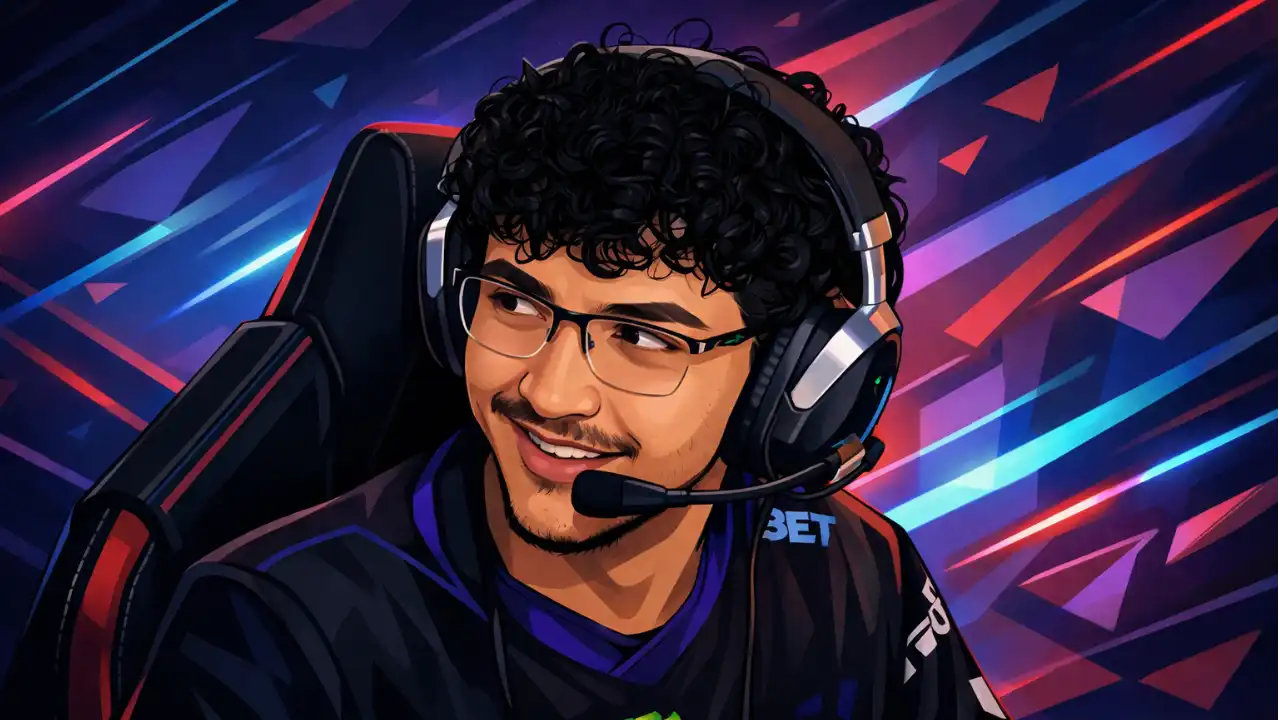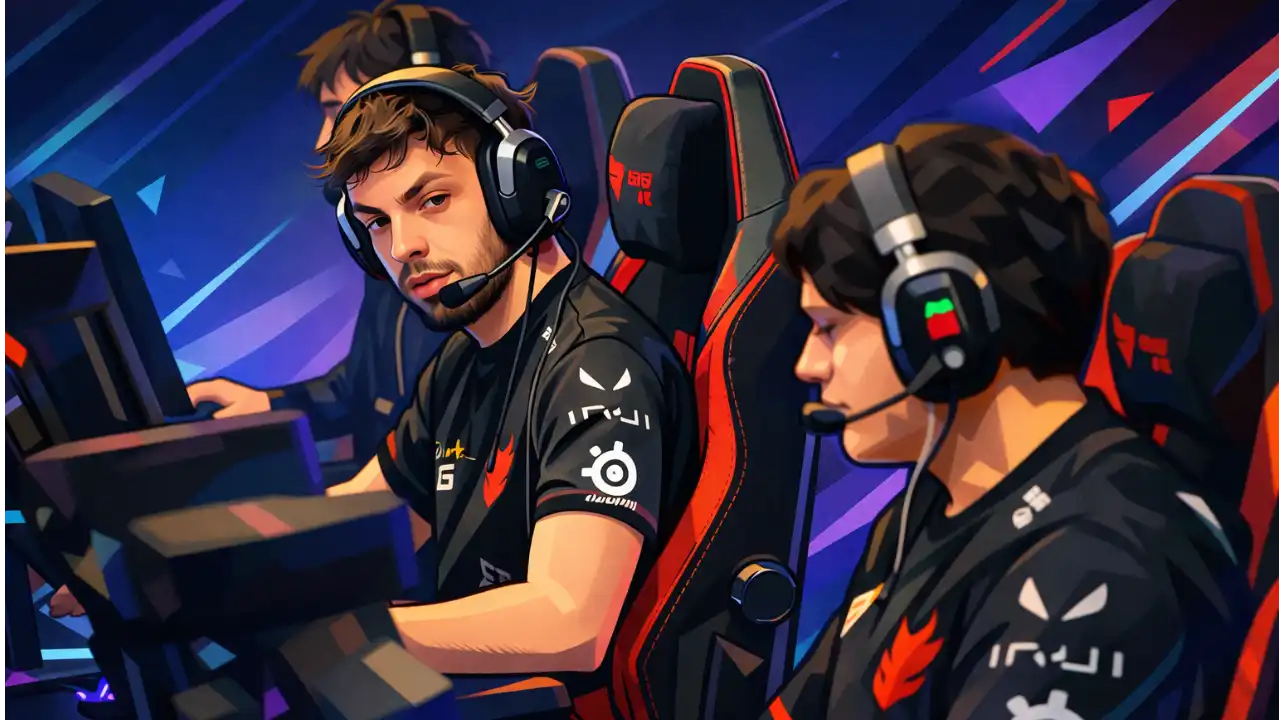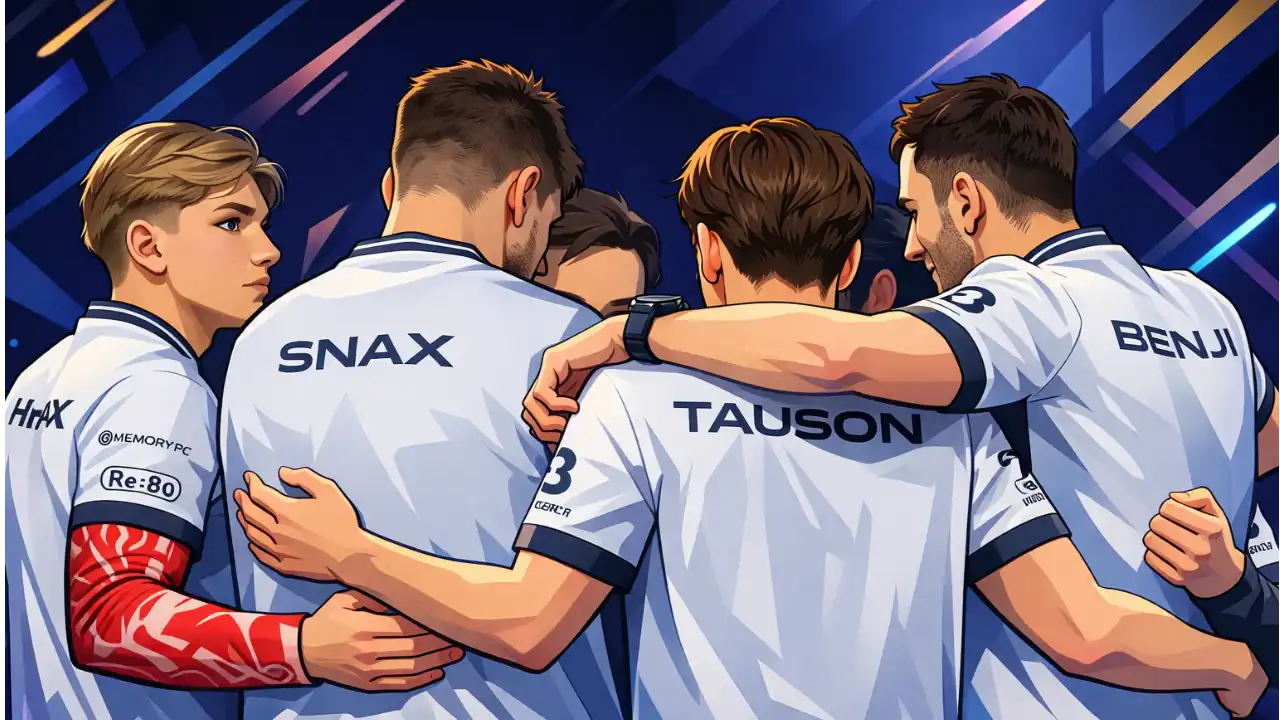flameZ: nerves, rivalry, and Vitality’s push through Chengdu — a grounded recap

flameZ: nerves, rivalry, and Vitality’s push through Chengdu — a grounded recap
Lotan “flameZ” Giladi says the butterflies aren’t a bug — they’re a feature. Speaking to HLTV at IEM Chengdu, the Israeli rifler reflected on the pressure of big-match moments and offered a candid line that instantly made the rounds: “The day that I won’t feel nervous or stressed in a final, I’ll probably be too old to remember my name.” The remark came as Vitality were navigating a high-stakes playoff run in China, where they first knocked out Astralis, then outlasted MOUZ to reach the grand final.
Vitality’s bracket began with a tense quarter-final against Astralis. flameZ topped the series with a 1.35 rating as the French-Danish club prevailed 2-1 (Inferno 13-7, Nuke 14-16, Mirage 13-7). The win set up a semifinal grudge match with MOUZ, a rivalry that has shaped 2025’s tier-one landscape.
That MOUZ clash delivered on narrative and nerves. Vitality had been on the wrong side of several recent MOUZ meetings, a dynamic their teammate Lotan “Spinx” noted earlier in the week: “They’ve just been getting trophies on our backs.” In Chengdu, though, Vitality flipped the script. They came back from 4-12 on Nuke and survived a chaotic Inferno decider to book their place in Sunday’s final, a performance that reinforced flameZ’s point about pressure being inseparable from winning.
flameZ’s outlook — that anxiety is part of elite competition rather than an obstacle to be eliminated — resonates across Vitality’s campaign. Asked about the “right” level of pressure, he framed nerves as fuel: something to channel rather than fear. The Chengdu run offered plenty of tests, from Astralis’ structured mid-rounding to MOUZ’s relentless late-round clutches. That Vitality powered through both was no small feat and helped validate the team’s approach to handling momentum swings and crowd energy.
Context around Chengdu also mattered. The playoff bracket featured a resurgent FURIA side that had blitzed past The MongolZ and qualified through the upper bracket earlier in the week, then kept winning once the arena lights were on. Their form elevated the tournament’s competitive bar and set up a stylistic contrast for any potential Vitality showdown: FURIA’s proactive mid-rounding and high-confidence duels against Vitality’s more layered defaults and late-round polish.
Beyond Vitality’s camp, other storylines fed the pressure cooker flameZ described. Nicolai “device” Reedtz admitted the season’s travel grind had been one of his toughest yet after Astralis fell to Vitality — a reminder of how fatigue and schedule intensity intersect with players’ mental load during playoff weeks. Spinx, for his part, had flagged the weight of the MOUZ rivalry days before the semifinal, explaining just how much those head-to-heads had defined Vitality’s year. Together, those viewpoints stitched a consistent picture: the very best teams are constantly balancing performance, emotion, and endurance.
When the dust settled, Vitality reached the title series — exactly the kind of stage flameZ was talking about when he said nerves never disappear. In the end, it was FURIA who delivered the final blow, sweeping the best-of-five to claim the trophy in Chengdu. Regardless of the result, flameZ’s stance held up: the pressure wasn’t a symptom of something going wrong; it was a sign that the stakes were as high as they come.
If anything, Chengdu underscored how small the margins are in elite CS. Vitality’s path to the grand final ran through a confident Astralis and the season’s most combustible rivalry with MOUZ. FURIA’s sprint to the trophy featured a commanding semi versus The MongolZ and a continued surge once they hit the stage. Across all of it, players spoke openly about strain, confidence, and composure — themes that flameZ distilled into a single line.
For Vitality, the takeaways are straightforward and sobering at once. The team showed they can adjust inside pressure cookers — flipping maps against MOUZ and closing out decisive halves under the lights — yet the final reminded them how ruthless form swings can be in a best-of-five. For flameZ personally, Chengdu strengthened the thesis he voiced: that great players don’t wait for nerves to vanish; they learn to compete with them, and sometimes because of them.
With the calendar barreling toward the next S-tier stops, that mindset could be Vitality’s biggest edge. The group has already proven they can reach the last day against the hottest teams in the world; converting those appearances into trophies will depend on how well they keep harnessing the very stress that accompanies the game’s biggest moments. As Chengdu showed — from Astralis to MOUZ to the final against FURIA — pressure is ever-present. flameZ never promised otherwise; he just promised to play through it.





